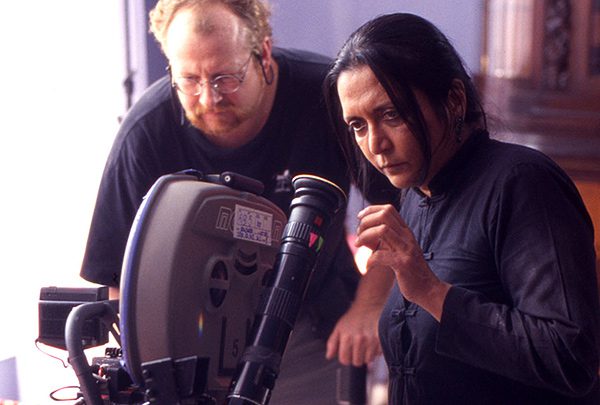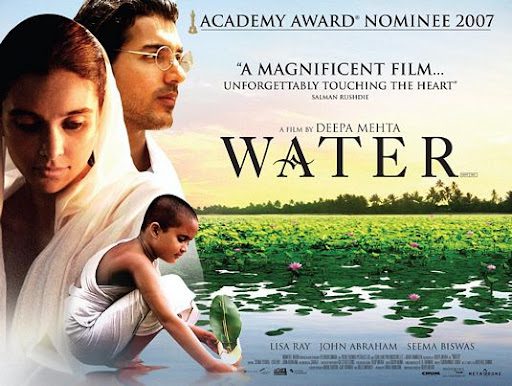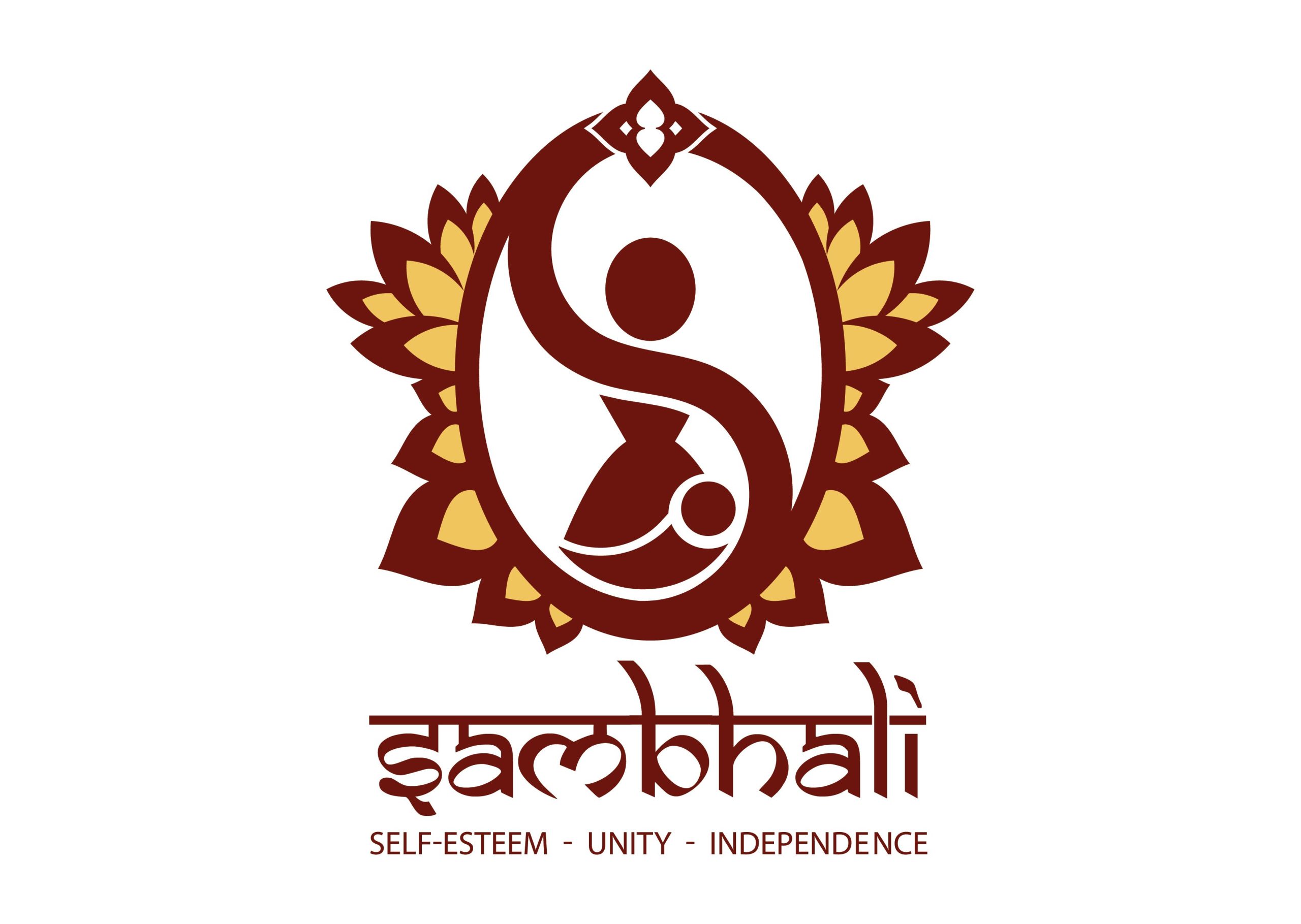(September 14, 2021) Sitting in her dad’s cinema hall and watching films was something that Deepa Mehta loved as a child. But the 1950s wasn’t a time for any Indian woman to think that she could direct a film. Even Mehta had no plans of pursuing it as a career until she reached a stage where films were all she could think of. Little did that girl from Amritsar know that she would one day find herself in the league of filmmakers who are a name to reckon with in the international film circuit.
Her films have not just graced the world’s biggest film festivals but have also started a dialogue on women’s rights. If Water made it to Academy Award for Best Foreign Language Film, Fire spoke volumes about patriarchy. Today, Mehta is one of the biggest names in the film industry but the 71-year-old had to overcome many obstacles to reach this pinnacle. Here’s the story of this filmmaker who was determined to bring to the big screen stories that matter.
Dad’s cinema hall gave birth to a filmmaker
Born into an Independent India of 1950 in Amritsar, Mehta’s tryst with films began early in life, courtesy her father. A film distributor and theatre owner in Amritsar, Satwinder Mehta introduced his daughter to the world of cinema. His movie hall in itself became a schooling ground for Mehta who would watch films after school. The sheer pleasure of seeing reels being loaded on projectors made her fall in love with this world that she experienced from sitting in her private viewing room in the theatre. While Bollywood kept her entertained in her dad’s cinema hall, she found herself get smitten by Hollywood films at her boarding school in Dehradun. It was at Welham Girls High School that Mehta’s incurable romanticism was fed by films like Doctor Zhivago and The Longest Day. Films were a part of Mehta’s appetite for long but it was Satyajit Ray‘s work that never left her.
Born in an era when women could only act in films, it was hard for Mehta to convince people that she had her eyes set on direction. While her mother, Vimla Mehta, was thrilled at her decision, Mehta’s dad took his time to come to terms with the fact. It wasn’t the gender handicap that he was worried about but the unrealistic expectations from the film business.
After finishing her graduation from Delhi University, Mehta found a job at a small company Cinema Workshop that was into commercials and shorts being made for Government of India. The job opened up a treasure trove of opportunities for Mehta as she learnt to operate a 16mm camera, record sound location and edit on a Steenbeck. It was during the production of her first feature-length documentary on a child bride that she met Canadian documentary filmmaker Paul Saltzman, whom she married. In 1973, she migrated to Toronto with him where they launched Sunrise Films, a production company that began making documentaries and later moved to producing television series. During the initial years, this Global Indian made a handful of documentaries like At 9: A Portrait of Louise Tandy Murch (1975) and Travelling Light (1986) which was nominated for three Gemini Awards.

Deepa Mehta on the sets of her film. (Image Courtesy: Northernstars.ca)
The film that changed it all
But things took a turn for the good with the 1991 film Sam & Me. Mehta’s feature-film directorial debut not only broke the record for the highest-budgeted film directed by a woman in Canada but also won the Honorable Mention in the Camera d’Or category of the 1991 Cannes Film Festival. “What should have been a high point in my career was stunted by going through a rather ugly divorce. So, the highs were cancelled by the lows, which was a great lesson in the unpredictability of life,” she wrote on Tiff.net.
Around the same time, Mehta got a call from American filmmaker George Lucas who loved Sam & Me so much that he offered Mehta to direct two episodes of The Young Indiana Jones Chronicles, one of which aired in 1993 and the other in 1996. But her second feature film Camilla with Bridget Fonda and Jessica Tandy proved to be unfruitful and the film bombed at the Box Office. It was then that Mehta started to look at her homeland for inspiration and make movies that were more meaningful.
Element trilogy and Oscar nomination
Her next big challenge came in the form of the 1996 film Fire whose screenplay she started to write. Passionate about telling a story of women navigating through India’s sexual politics and patriarchy, Mehta found herself in a fix as no producer was ready to finance a film on lesbians. It was then that her partner David Hamilton stepped in and decided to back the project. The film was screened at the Toronto International Film Festival, but back home, Mehta’s film caused quite a stir for allegedly misrepresenting Indian women.
What began as just one film soon turned into a trilogy when Mehta released Earth in 1998. A romantic drama set against Partition drew the attention of the world. The New York Times described the film as “a powerful and disturbing reminder of how a civilization can suddenly crack under certain pressures.” Earth, starring Aamir Khan and Nandita Das, was also India’s official entry for the 71st Academy Award for Best Foreign Language Film in 1999.

Poster of Deepa Mehta’s Water
For her 2005 film Water, Mehta chose the story of the widows of Varanasi but the journey of making the film wasn’t easy as she had to face death threats by religious fundamentalists who claimed that the film was hurtful to India’s cultural sentiments. “I experienced a turning point during a plane ride I took from New Delhi to Toronto in 2000. We’d been forced to shut down the production of Water in Varanasi, and I had been in Delhi for an excruciating two weeks, constantly surrounded by the police as I was being hounded by trolls who’d characterized me in the press as the evil woman who had sold her soul to the West by living up to the worst stereotyping of India. I remember sitting on the plane, exhausted. As it took off, a feeling of such relief washed over me that I very uncharacteristically burst into tears. I felt for the first time ever I was going home to Canada, a place that I could equate with safety,” she added.
Though the film received backlash in India, Mehta’s brilliant direction found love across the globe and Water went onto earn a nomination for an Academy Award for Best Foreign Language Film in 2006.
A storyteller with a purpose
Mehta’s style of storytelling has always found an audience as she has often focused on the duality of her national and cultural identity, making her the quintessential transnational filmmaker. And it’s her quest to bring relevant stories to the big screen that has made her a director to reckon with. One such story brought her to novelist Salman Rushdie when she decided to make a screen adaptation of Midnight’s Children. Mehta decided to bring the story out from the pages of the novel and give it a life of its own through her work.
The end result was splendid as the film made its way to London Film Festival and Canadian Screen Awards.
In 2019, Mehta returned to the small screen with a Netflix original web series Leila and later directed Little America. The Indo-Canadian filmmaker, who has some great work to her credit, has always been inspired to bring good stories to people and wants other women filmmakers to do the same. “Make the films and tell the stories that move you — the stories you’re so desperate to tell that you will die if you don’t. As my dad rather cryptically suggested many moons ago, we never know when we will die, and we will never know how a film will fare. So why compromise on either? Live life on your own terms. Make films on your own terms too,” she added.
Giving back
Mehta, who is known to be a gender activist, joined forces with Jodhpur’s Sambhali Trust in 2017 as their international patron to continue her lifelong commitment to advancing global gender equality. The trust focuses on the the development and empowerment of women and girls in Rajasthan and the 71-year-old is a constant inspiration for the women who are raring to go.

Read a similar story of Indian-Canadian immigrants honoured with prestigious Order of Canada.


